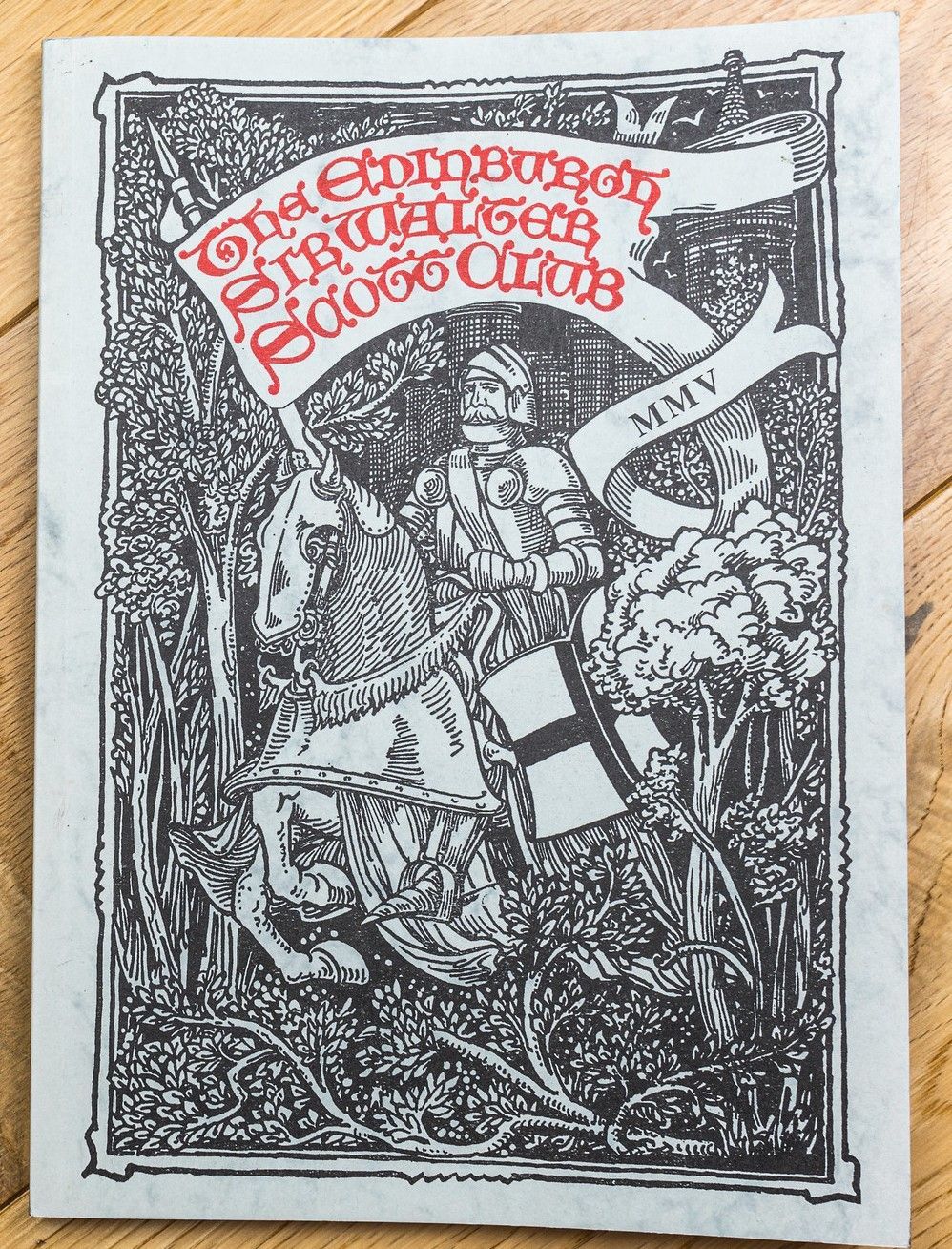Lord Byron and Sir Walter Scott: The Meanderings of a Byronist
Thursday 7th April 2005
Summary of the Talk:
Geoffrey C. Bond, a heritage consultant and former lawyer, delivers a deeply personal and literary reflection on the connections between Lord Byron and Sir Walter Scott. Speaking as an enthusiastic amateur rather than an academic, Bond traces Byron's life, legacy, and complex relationship with Scotland, while drawing comparisons with Scott.
Bond recounts his own early connection with Byron via Newark-on-Trent and Burgage Manor—where Byron's early poetry took shape. He offers historical insights into the formation and evolution of the Byron Society and the broader international admiration for Byron.
The talk explores Byron’s youthful attack on Scott in English Bards and Scotch Reviewers, followed by an eventual reconciliation and growing admiration. Byron and Scott’s mutual literary respect is emphasised, especially as Scott praised Childe Harold and Byron in turn became a devoted reader of Scott’s novels.
Bond examines Byron’s dual identity—half-English, half-Scottish—and his struggle with Scottishness. Though Byron distanced himself at times from Scotland, he embraced it sentimentally in later works like Don Juan, Canto X. Comparisons between the poets’ personalities, careers, fame, financial dealings, and physical ailments (both were lame) are interwoven throughout.
The lecture ends with Bond’s appeal for greater collaborative study of Byron and Scott, suggesting the subject remains underexplored.
Interesting Points & Highlights:
Personal Touches:
- Bond lives in Burgage Manor, Byron’s former home, which adds warmth and credibility to his talk.
- He was once a presenter on Antiques Roadshow and Something to Treasure, revealing a lifelong fascination with literary heritage.
Byron vs Scott: Literary & Personal Contrasts:
- Byron attacked Scott early in his career but later wrote to him in apology, acknowledging his error.
- Byron admired Scott's poetry and fiction, reportedly reading Scott’s novels dozens of times.
- Byron saw Scott as “the monarch of Parnassus” and “Aristo of the North.”
Scott’s Influence on Byron:
- Scholars like John Clubbe and Bernard Beatty argue that Byron’s Scottish upbringing shaped his identity and themes—even when he rejected them.
- Beatty suggests Byron abandoned Scottishness publicly but retained it internally, visible in his cosmopolitan but still Gordon-rooted identity.
Fascinating Literary Anecdotes:
- Byron and Scott first met in 1815 in John Murray’s rooms; they reportedly left “stumping” downstairs side by side.
- Scott’s son-in-law, Lockhart, challenged Byron to represent England in literature as Scott did Scotland.
Sales & Popularity:
- Both poets outsold Shelley and Keats during their lifetimes—The Lay of the Last Minstrel and Childe Harold were major bestsellers.
- Scott was financially ruined by the 1826 banking crash; Byron, despite early financial difficulty, became wealthy through his writing.
Reflections on Legacy:
- Byron’s Don Juan is praised as satire of the highest order.
- Bond laments that no definitive comparative study of Byron and Scott exists, urging more exploration.
Download the [transcript] or read the [bulletin]

Download the [transcript] or read the [bulletin]


